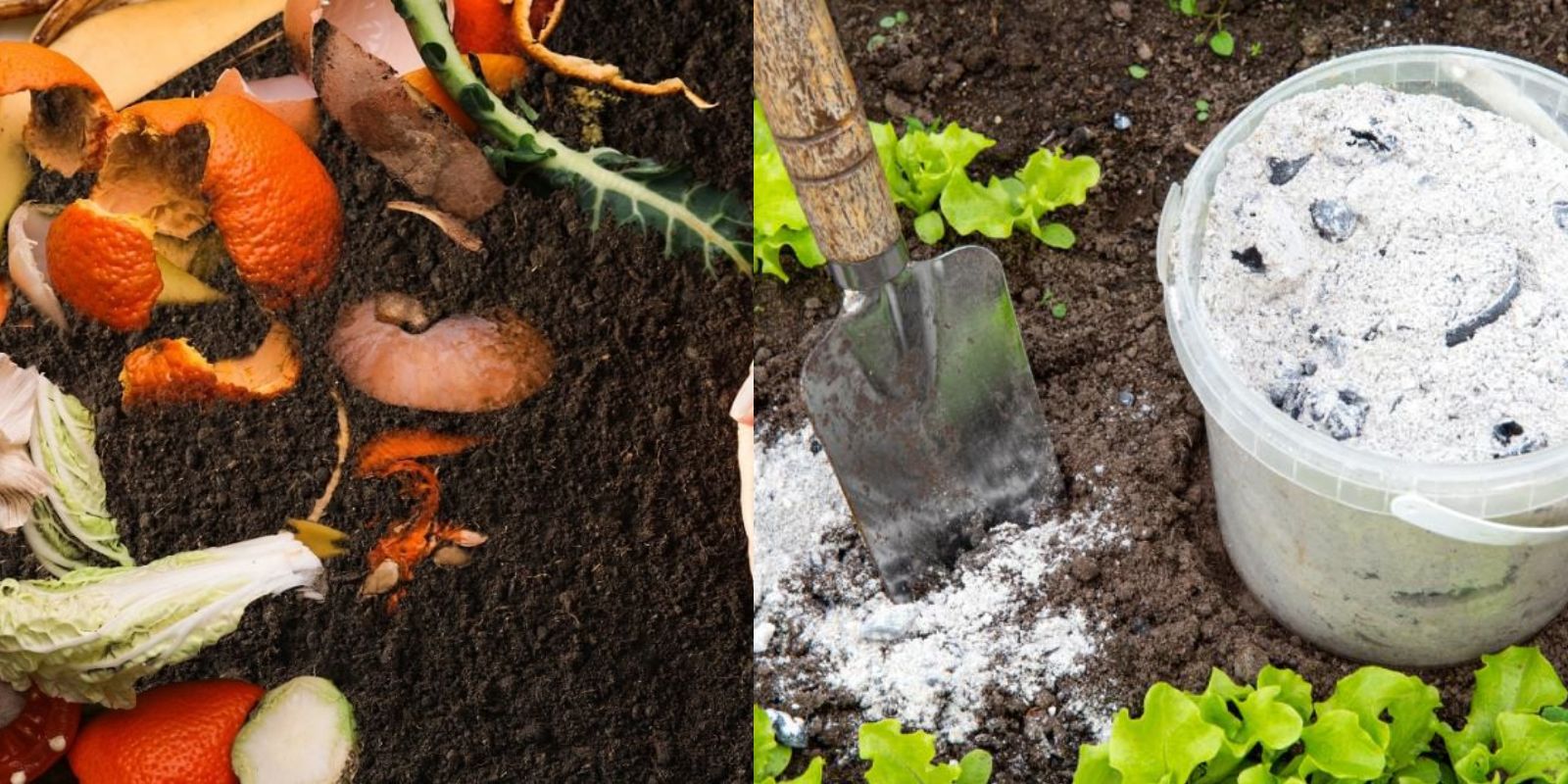Introduction
In the world of gardening, healthy plants often start with nutrient-rich soil. While commercial fertilizers offer convenience, they can be costly and sometimes harmful to the environment. Enter homemade fertilizers—simple, natural, and incredibly effective solutions you can create with items found in your home. These DIY fertilizers not only save money but also promote sustainable gardening practices. Let’s explore 12 easy-to-make fertilizers and learn how to use them to boost your garden’s growth.
1. Coffee Grounds
Nutrients: Nitrogen, phosphorus, potassium.
Coffee grounds are an excellent source of nitrogen, essential for leafy growth in plants like roses, azaleas, and blueberries.
- How to Use: Dry the used coffee grounds and sprinkle them around the base of your plants. Alternatively, mix them into your compost pile.
2. Banana Peels
Nutrients: Potassium, phosphorus.
Banana peels decompose quickly and release potassium and phosphorus, essential for flowering and root development.
- How to Use: Chop up banana peels and bury them in the soil near the base of your plants.
3. Eggshells
Nutrients: Calcium.
Eggshells are a rich source of calcium, which strengthens plant cell walls.
- How to Use: Crush cleaned and dried eggshells into small pieces and mix them into the soil. You can also boil them in water, let it cool, and use the water to hydrate your plants.
4. Vegetable Cooking Water
Nutrients: Trace minerals.
The water left over from boiling vegetables is packed with nutrients that plants love.
- How to Use: Allow the water to cool completely before pouring it around the base of your plants.
5. Compost
Nutrients: A full spectrum of nutrients.
Composting is a time-tested method to recycle kitchen and garden waste into a nutrient-rich soil conditioner.
- How to Use: Add fruit peels, vegetable scraps, coffee grounds, and eggshells to a compost bin. Turn the pile regularly to speed up decomposition, and use the resulting compost in your garden.
6. Wood Ash
Nutrients: Potassium, calcium carbonate.
Wood ash from untreated wood adds potassium and raises soil pH levels.
- How to Use: Sprinkle wood ash around acid-tolerant plants or mix it lightly into the soil. Avoid using too much, as it can alter soil alkalinity.
7. Fish Tank Water
Nutrients: Nitrogen, potassium, phosphorus.
Water from your fish tank contains natural nitrates, which are excellent for plant growth.
- How to Use: Use the old fish tank water to hydrate your plants during watering.
8. Green Tea
Nutrients: Trace minerals.
Green tea is a gentle fertilizer suitable for houseplants and young seedlings.
- How to Use: Steep one green tea bag in a gallon of water. Allow the tea to cool, then use it to water your plants.
9. Epsom Salt
Nutrients: Magnesium, sulfur.
Epsom salt boosts chlorophyll production, leading to lush, green foliage.
- How to Use: Dissolve a tablespoon of Epsom salt in a gallon of water. Spray the solution on leaves or pour it around the plant base.
10. Molasses
Nutrients: Carbohydrates and trace minerals.
Molasses feeds beneficial microbes in the soil, improving plant health.
- How to Use: Mix a tablespoon of molasses into a gallon of water and pour it onto your garden soil.
11. Grass Clippings
Nutrients: Nitrogen.
Fresh grass clippings provide a quick boost of nitrogen, essential for healthy plant growth.
- How to Use: Spread a thin layer of grass clippings around the base of plants as mulch.
12. Used Tea Leaves
Nutrients: Organic matter and nitrogen.
Used tea leaves enrich the soil with organic matter and retain moisture.
- How to Use: Dry the tea leaves and mix them into your garden soil or compost pile.
Why Choose Homemade Fertilizers?
Homemade fertilizers are eco-friendly and free from harsh chemicals. They allow you to recycle waste, reduce your environmental footprint, and ensure your garden thrives naturally. With a little effort, you can create a lush and productive garden while minimizing costs.
Conclusion
Gardening doesn’t have to break the bank. These 12 homemade fertilizers are not only easy to make but also incredibly effective in nourishing your plants. Start with one or two, experiment, and watch your garden transform.
Motivate Interaction:
Have you tried any of these methods? Share your experience or favorite fertilizer tip in the comments below! 🌿
Hashtags for Gardening Inspiration:

